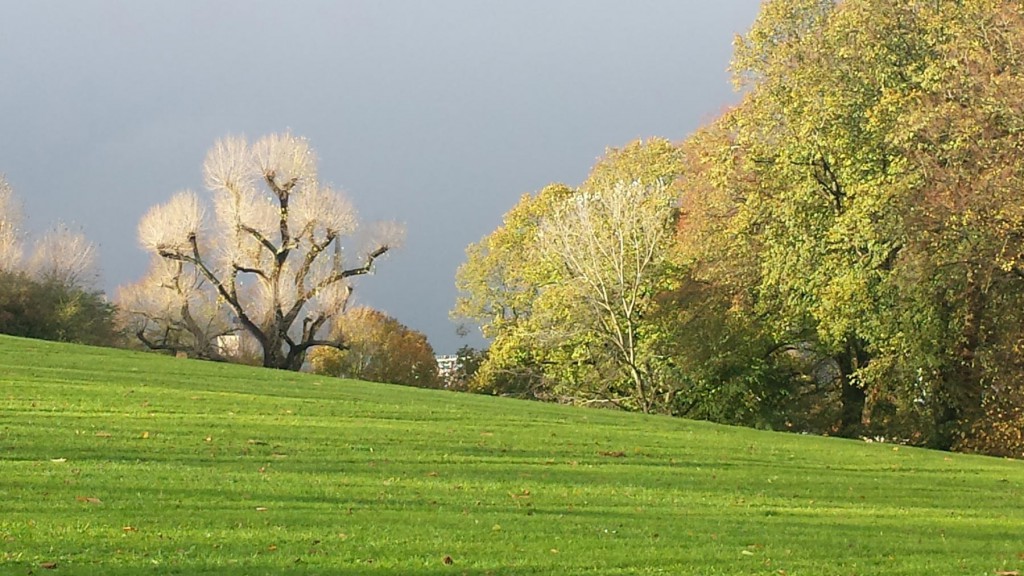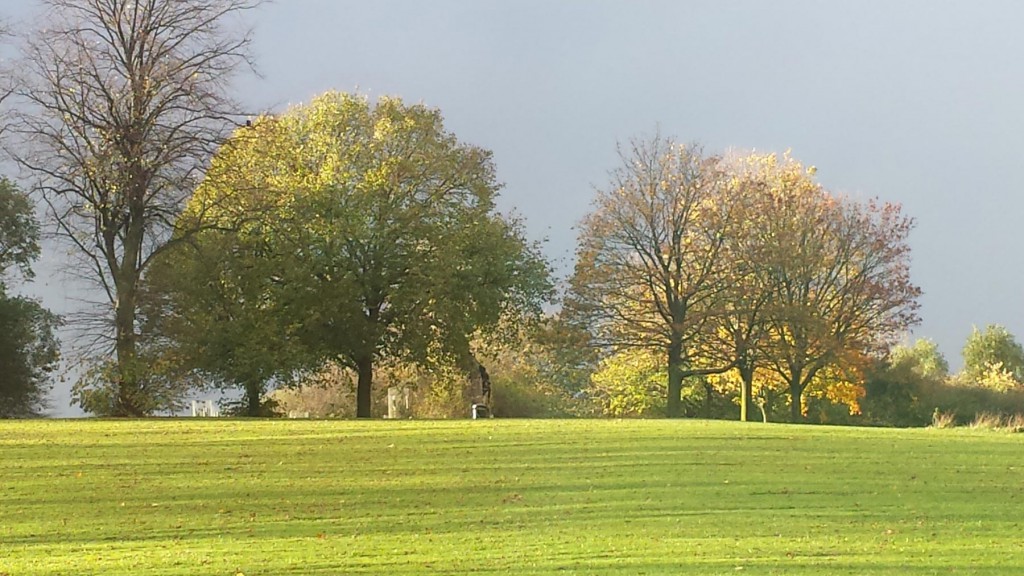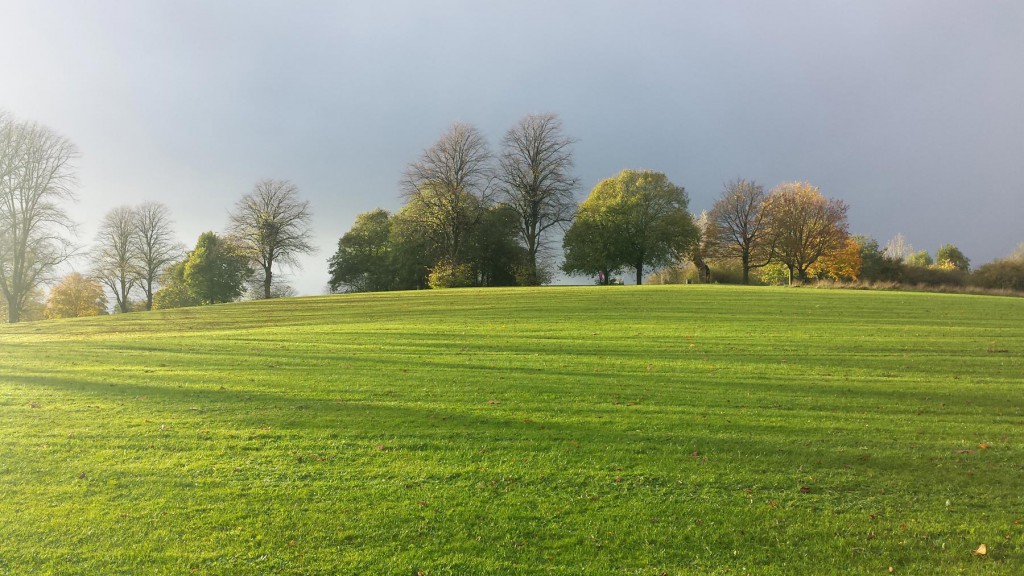This week’s highlight had to be the opportunity to speak at a lunchtime event at Battersea Power Station. The main topic was Christian community, especially as it applied to Christians on the redevelopment workforce as they start to meet together to pray and reflect on their work. If you’re interested click on the text below …
Growing the church in new housing estates
As part of a current project to shape the church in a new housing estate I was reflecting on the tasks facing the person who starts up the work in a new housing area. This is the ‘simple’ job description I came up with:
- Welcome and orientation of new residents in the area and networking across churches and community groups (pastoral)
- Lead/plan a coherent church response to changes in the area, working with parishes and deaneries (apostolic)
- Explain (and model) the distinctly Christian perspective on community – with stakeholders, with developers, with local authorities and local community leaders (teaching)
- Identify needs/promote action in the area, especially in the poorest and weakest parts of the local area (prophetic)
- Fan the flame of faith and mission inside and outside church (evangelistic)
Underpinning all these activities are the essential skills of administration and leadership, without which the work will lack coherence at best and descend into chaos at worst, with an associated waste of resources that most churches can’t afford.
And it’s worth noticing that this combination of roles are nothing new: it’s a job description that every priest in the Church of England (and any other denomination) should be able to fulfil.
Good Community?
Working towards good community, in a social policy framework that is (more often than not) bedevilled by a conflicted conceptual grasp of ‘community’ and ‘community cohesion’ I note the following from Robert Bellah:
“A good community is one in which there is argument, even conflict, about the meaning of the shared values and goals, and certainly about how they will be actualized in everyday life. Community is not about silent consensus; it is a form of intelligent, reflective life, in which there is indeed consensus, but where the consensus can be challenged and changed – often gradually, sometimes radically – over time”
It just doesn’t fit … (church, that is)
Last week I had a very entertaining evening with one of my oldest and best friends. In a Pizza Express somewhere in Chinatown (we enjoyed the irony) our thoughts turned to the pressures on life – living away from home in the week, short time at home at the weekends, exhausting long hours at work, conflicting commitments – and how these pressures can affect our capacity to sustain our faith in the week and participate in the Christian community at weekends.
“Going to church on Sunday when you’re away all week? It just doesn’t fit”
my friend said. And he’s right. As long as we who lead the church continue to measure commitment (perhaps our own as well as others’) by what we do on Sunday we will miss the vital and significant addition all those for whom Sunday church simply doesn’t fit can make to community life. In the demanding scramble through the (post) modern, 24 hour world it is increasingly important for church leaders to create spaces for the nurture of hundreds, and probably thousands, of people for whom Sunday no longer works.
Blown Away by Beauty
So I trawled around London all day on Friday, rushing from events to meetings to stations – and pretty exhausted after a 5.30am start I arrived mid-afternoon in the park facing my house.
All that was left for me to do was to hike the last few hundred meters across the park to my front door.
Through this. Blown away. Had to pause …



Focusing on the future
A reminder when dealing with self as well as others:
“As counsellors we resist the counsellee’s pressure to help them return to life as it was before. Instead we purpose to accompany the counsellee towards life as God would have it become”
NASA
“A NASA shuttle expends most of its fuel breaking out of earth’s gravitational pull. In a similar way, overcoming spiritual inertia is often the first and biggest step towards change”
Battersea Power Station
Well, it’s the largest of the buildings in my patch Nine Elms Vauxhall.
Not the tallest, but definitely the largest …
(… prints of the image above are at Paul Catherall here …)



And the future …


Fellowship
Victoria Station is worse than ever. In the rush hour the crowds shuffle through entrances in columns of eight or ten people wide in and out of the station. Ten minutes of that is enough to create a yearning for a bit of open space or isolation and a respite from the constant bumping and jostling.
And in that is one of the most poignant conundrums of the city.
Crowds of people desperate for space and privacy and yet as individuals lonely and yearning for fellowship.
Lay Ministry
A Lay Minister is not meant to be a Mini-Priest.
So why do we choose so many people for the role of Lay Minister who look, sound and act like partially licensed parish priests?
Wouldn’t it be great to have Lay Ministers who aren’t chosen because they can fill the church service rota but because they can fulfil a specific role outside the church?
In this schema, the ideal Lay Minister would be:
Extra-church – focused on an area of ministry outside the church where it would be valuable to be trained and commissioned
Representative – of the church in a formal way, probably because they are working within an organisation
Accountable – in a personal relationship with a partner within the church
In this schema, the ideal Lay Minister would not be:
A mini-priest within the church, a sort of priethood-lite.
I’m not denying that the work of the priest should be shared, and that some Lay Ministry is required to sustain the ministry of the church week by week. I’m just reflecting that I’ve never seen a Lay Minister who has been trained and commissioned to a ministry outside the church.
Let’s have Lay Ministers who work in schools, football teams, or with responsibility for particular High Street shops, or health clubs.